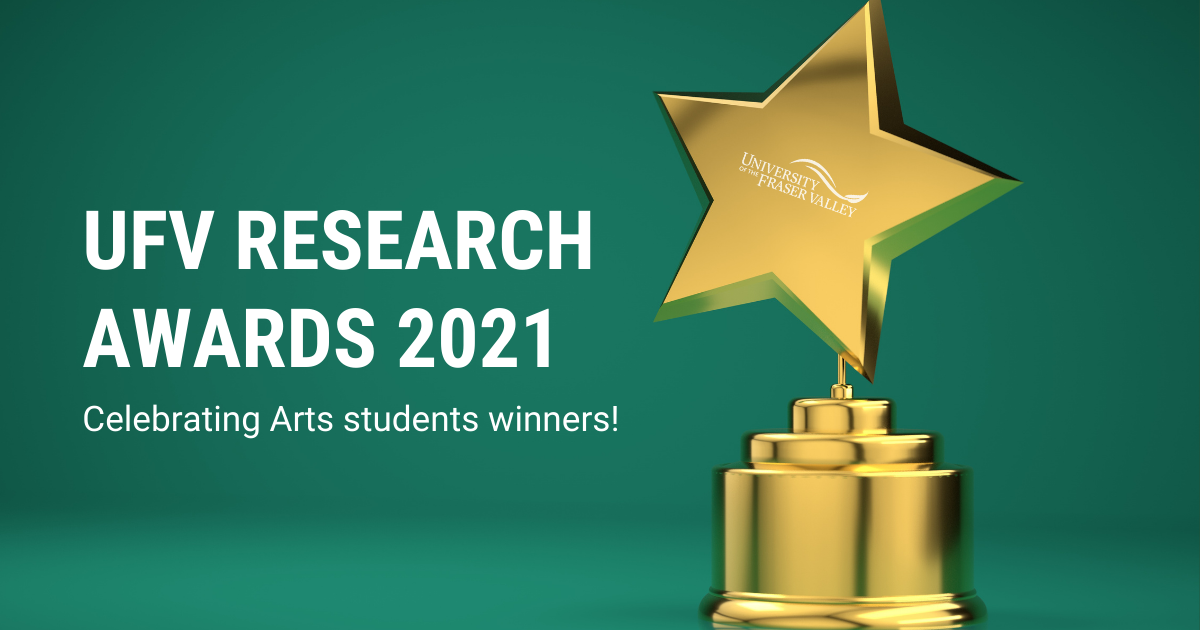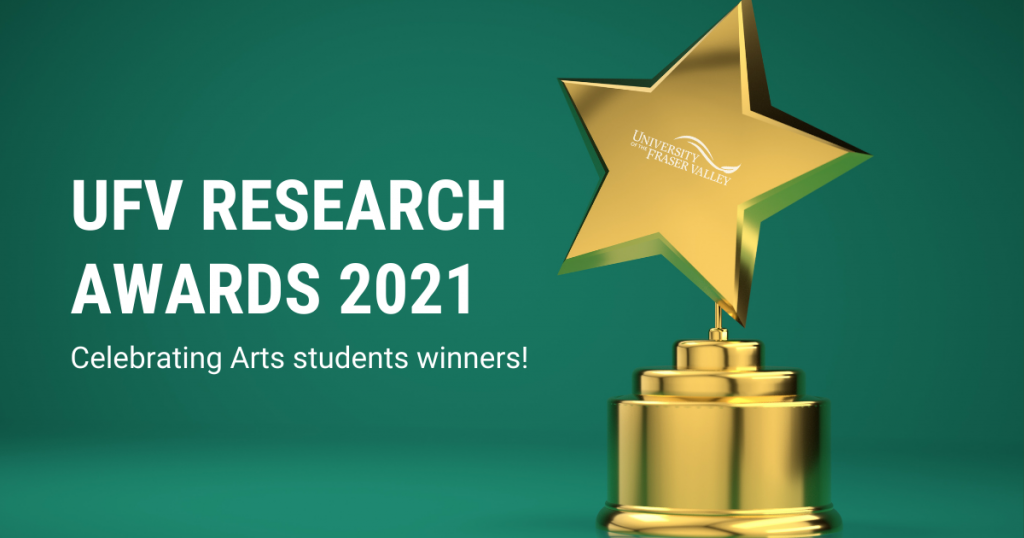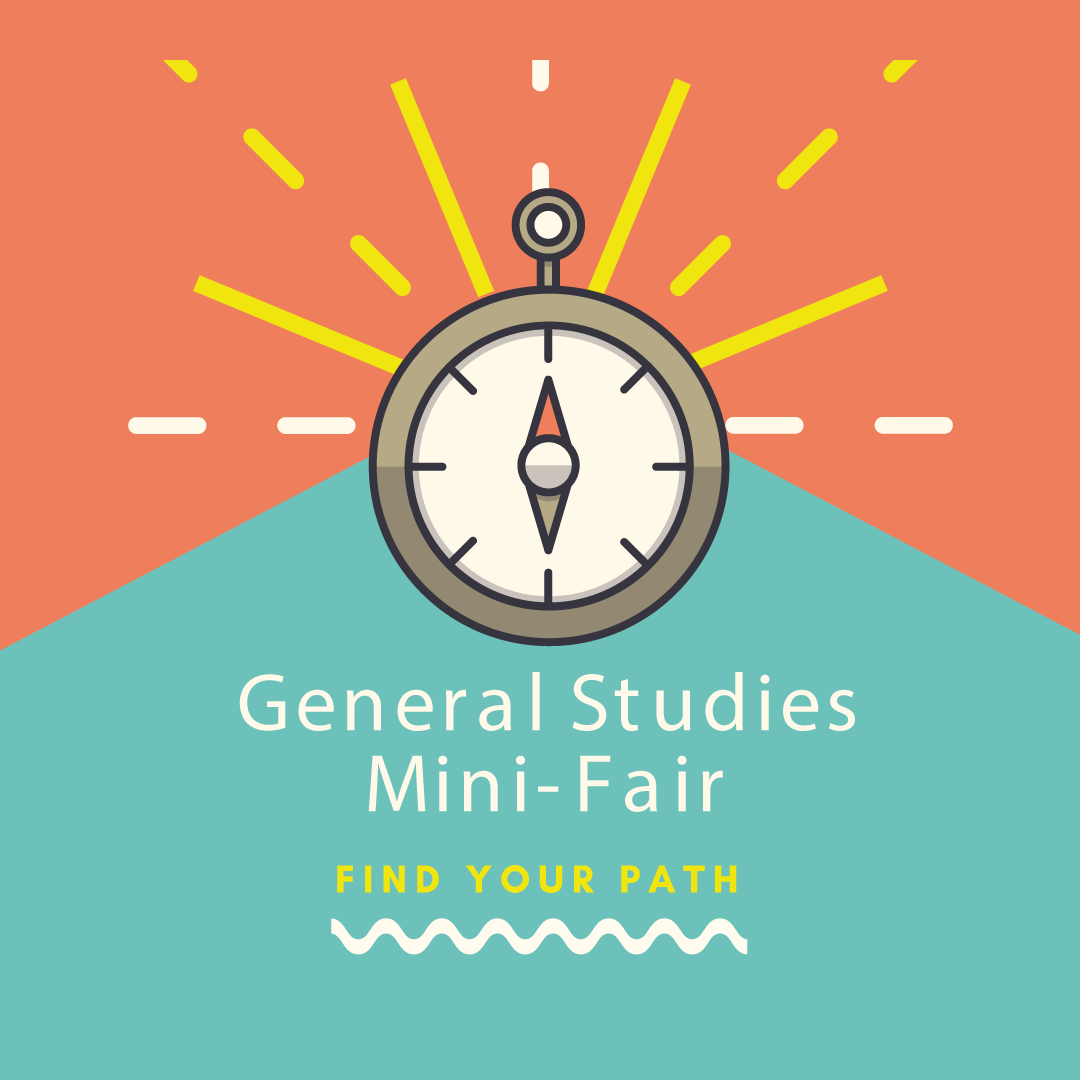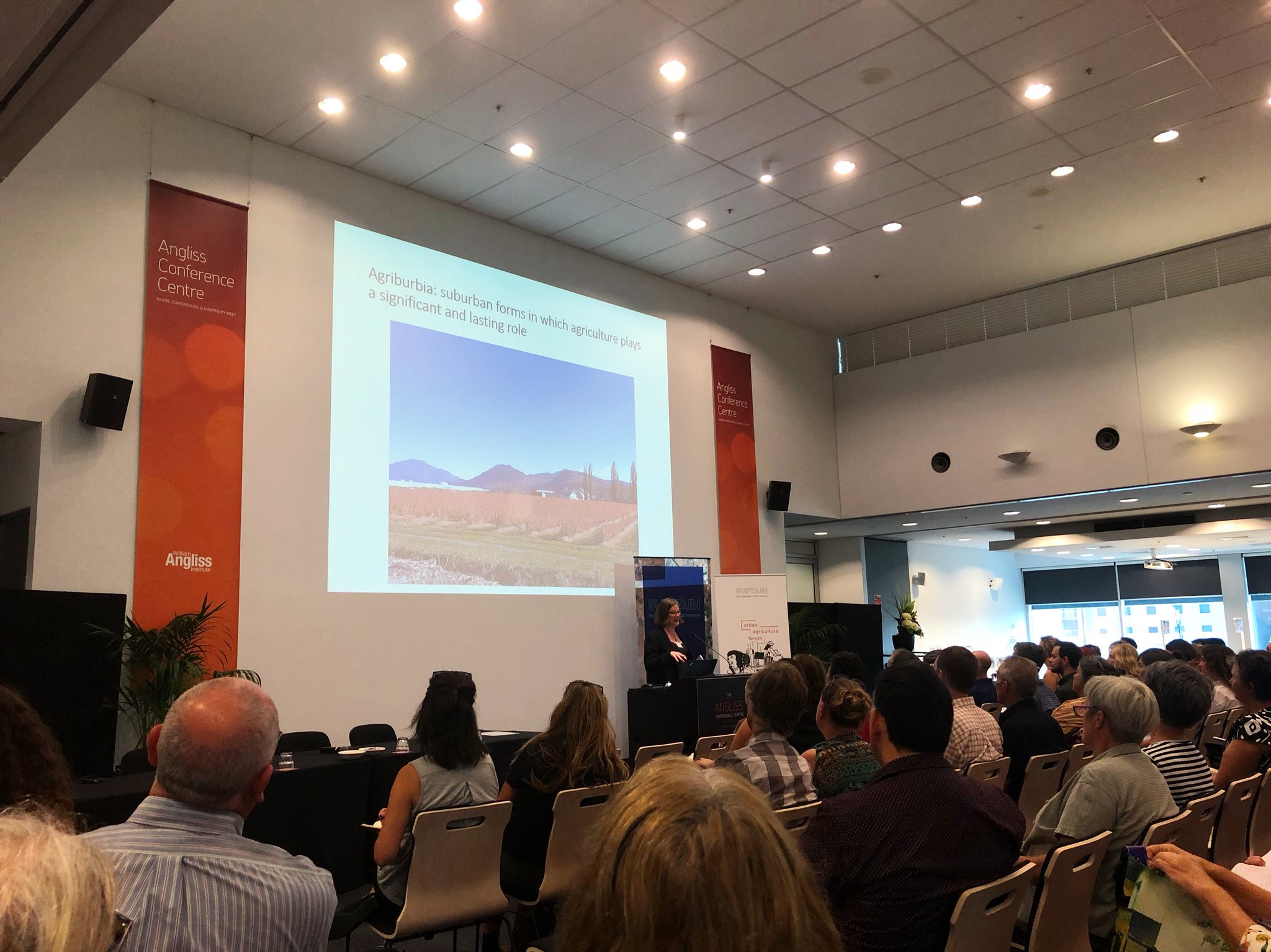
Encouraging and promoting changes is an essential part of the Liberal Arts. The critical thinking that comes with the classroom, along with living experiences, can become a game-changer when advocating for changes within your community.
Today, we would like to use this blog as an open space for the Advocates for Change group. Advocates for Change is a student-led movement at UFV focused on building a community where cultural diversity and difference are not only discussed and celebrated but critically examined.
As part of this group, the Psychology student, Ella Halladin, is leading a project to vocalize changes in the Fairy Creek region in British Columbia. On this guest blog, Ella will walk us through the details about the situation in that region as well as ways you can support the cause:
“Less than 2.7% of the ancient temperate rainforest remains in British Columbia. These old-growth trees help the environment in many ways, preventing land erosion that causes landslides, preventing carbon from being released into the atmosphere, regulating water flow to prevent droughts and floods, and providing homes to millions of species both above and below ground.
These trees hold deep spiritual and emotional meaning for both Indigenous and non-Indigenous people, and they are being logged through unsustainable, destructive methods. This logging is being carried out on unceded Pacheedaht and Ditidaht territory, where Indigenous land defenders and non-Indigenous supporters have been peacefully protesting the logging of these old-growth trees to help save the surviving trees since August of 2020.
This Indigenous-led peaceful protest has been met with police violence. When extracting blockaders, police often target IBPOC first, resorting to excessive use of force and using aggressive tactics to remove and arrest IBPOC blockaders. Police have been seen displaying the “thin blue line” patch signifying “blue lives matter”, which has become a symbol of white supremacy. Police have been using dangerous extraction methods (heavy machinery, jackhammers, and angle grinders) often putting blockader’s personal safety at risk.
This movement aims to hold the BC government accountable for protecting the last of our ancient forests both across the Fairy Creek region and the rest of the province and to support the Pacheedaht and Ditidaht Nations in achieving sovereign control over their ancestral lands within their own traditional systems of governance. As well, this movement is not anti-logging, but aims to see the implementation of non-destructive logging practices instead of the logging of original forest or irreparable damage to forest ecosystems.
As part of the Advocates for Change group, I am working to raise awareness for the Fairy Creek Blockade. It is an anti-racism and anti-climate change issue. We will be raising support and directing those who would like to donate to fundraisers for supplies, food and legal support for the volunteers defending the old growth. I have attached those links. I appreciate your time and your support. If this is the first time you are hearing about the Fairy Creek Blockade, I encourage you to look into it.”
Click here to learn more about the Fairy Creek Blockade.
Help support this cause:





